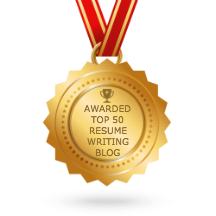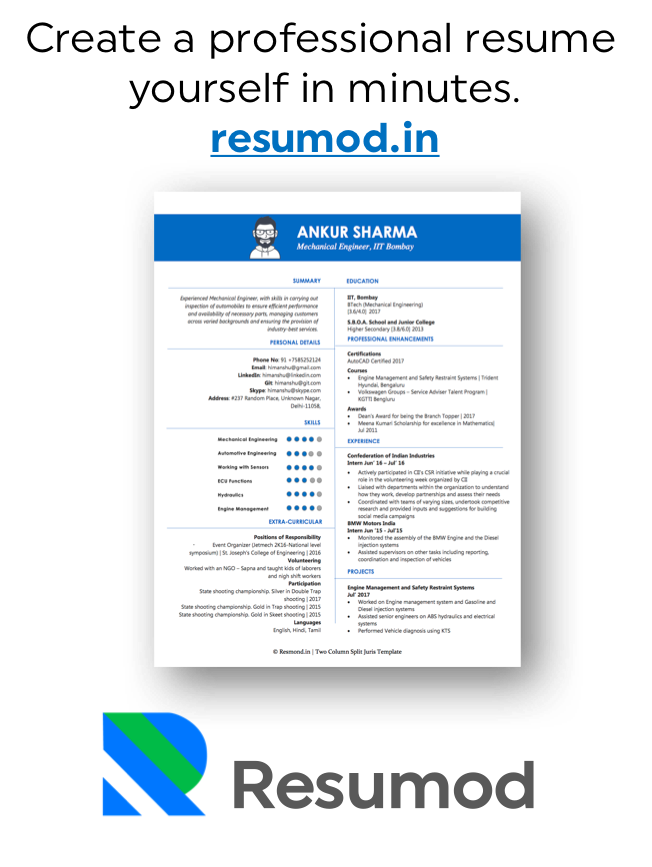With internet dominating, the job scenario has witnessed a really big change in the last decade. Your resume is online, job posts are online, and you may even end up landing an online job interview. Now, you even have a professional social media profile online.
The Facebook for professionals (that is LinkedIn) has become quite an important tool in the last few years. Right from a college student looking for an internship to a senior professional looking for a kickass job, LinkedIn has taken up the burden of doing the work for you.
However, with great power comes great responsibility. While social media does the work of getting you a great professional start, a few mistakes may end up ruining your professional presence online. Check out the ten mistakes you must totally avoid on LinkedIn so that nothing stops you on your way to success.
1. No Photo/Inappropriate Photo: While we aren’t asking you to post that perfect filtered selfie of yours on LinkedIn, a pleasant smiling picture of you will always attract more attention. There are times that a person may try to locate you on LinkedIn and if you do have a common name, it may get difficult for them to find you without a profile picture.
While you are at it, try not to post an unprofessional picture on LinkedIn. Try to understand the importance and the purpose of LinkedIn profile. You chilling at a beach in gleeful Goa may not be that apt after all. A photo in a business suit is always a thumbs up!
Try not to post an unprofessional picture on LinkedIn. A photograph in a business suit is always a thumbs up!
2. No Summary/Plagiarised Summary: Your profile summary does hold a lot of importance. It is essential for you to let others know as to what your LinkedIn profile is all about. However, while writing a summary, instead of using too many difficult words, try to keep it simple and to the point. People want to know who you are and what are your professional achievements.
Another point to be noted here is the originality of content. Please do not copy stuff from here and there. Do not let the realism from the summary go away. Instead try to be as non-fictional as possible. Of course, talk about your achievements too and leave your email id at the end.
3. Lack of activity: We aren’t asking you to keep updating your profile every second minute. However, a few updates here and there with a little bit of an activity on your profile does the trick. You do not have to update the profile only when you are looking for a job, there is way more to it than just job search. Try to post some relevant updates, be active enough for you to be noticed. It would just show that you are aware of what is happening around and a recruiter just might stumble on one of your posts.
Posting updates will not only let people know that you are aware of your domain and the trends, it might also get you a few followers and new connections. And LinkedIn is all about expanding your network. A new connection may just lead you to a new job.
4. Using too many adjectives: While we understand how creative and motivated you are professionally, try not to overdo using a little too many adjectives. If you really want people to know about a specific skill set or achievement, highlight it on your profile rather than going on and on about it in a paragraph. And as I said earlier, be real.
5. Writing a vague Headline: Your headline happens to be one of the most important things in your profile. You need to think at least a few times before you decide to put a headline to your profile. Just imagine, that headline has the capability of making or breaking your LinkedIn impression in front of many others. So it is always better to make sure you put some thought into the headline before posting.
Your Headline is the first thing people notice and make an impression of you. Be wise, be concise, and make it effective.
“Social Media Stalwart” explains nothing about you. Instead write “Digital Marketing Specialist with 8+ years’ experience in managing campaigns on 15 platforms”
Project Manager at ABC Corp. can be replaced with “Project Manager for a Technology Support team of 50. Handling Commercials, P&L and PMO.”
6. Not Using Relevant Keywords: When you write your summary, the main focus for you should be the right keywords so that you appear in most searches and are recognised by employers or HRs who actually need people like you. LinkedIn needs to be treated like a new way of being able to apply for jobs and using keywords will help you be known amongst the community and may help in getting you that job you have been looking for
7. Having different Resumes and LinkedIn profiles: What your LinkedIn tells you professionally is the same that should be mentioned in your Resume as well. You don’t want the recruiter to be confused when he or she looks into your resume and LinkedIn at the same time. Both these documents should speak the same story, may be in a different manner, but the theme should be the same. If you resume says you want a marketing job and your LinkedIn is only talking about advertising, there is something really wrong with your profile.
There should be a valid connect between your Resume and your LinkedIn profile.
8. Pitching immediately after being connected: You send out an invite and the person does accept your invitation. Before you pitch in whatever product or service you or your company is offering, I would advise you to hold those horses just a little bit. It is always better to build a connection first, talk to them, and then pitch whatever you have to. Same goes for asking for favours, before you dare to ask for that favour, make sure that you know the person enough to be able to ask for that benefit.
9. Sending too many invites: LinkedIn is tricky business. You need to put a control as to who do you send that invite and who you do not. You do not have to be connected with the entire world. In fact, it is best to be connected with the ones who you either know or those who are related to your field.
10. Not giving/ taking recommendations: When it comes to recommendations, they do play quite an important role in your LinkedIn journey. We aren’t asking you to start asking your significant other or your best friend, sibling to give you a recommendation. If you are in good terms with your ex-boss/ colleagues, ask them to recommend you. In return, you do the same for them as well.
You can even exchange recommendation favours at your current job. All you need to do is politely ask, if you share a cordial relationship with a colleague, they won’t hesitate in writing a few lines for you.
If you still do not have a LinkedIn profile, make one for yourself. Fill out the credentials and try to be at least a little active on the site and see how it helps you grow professionally.



